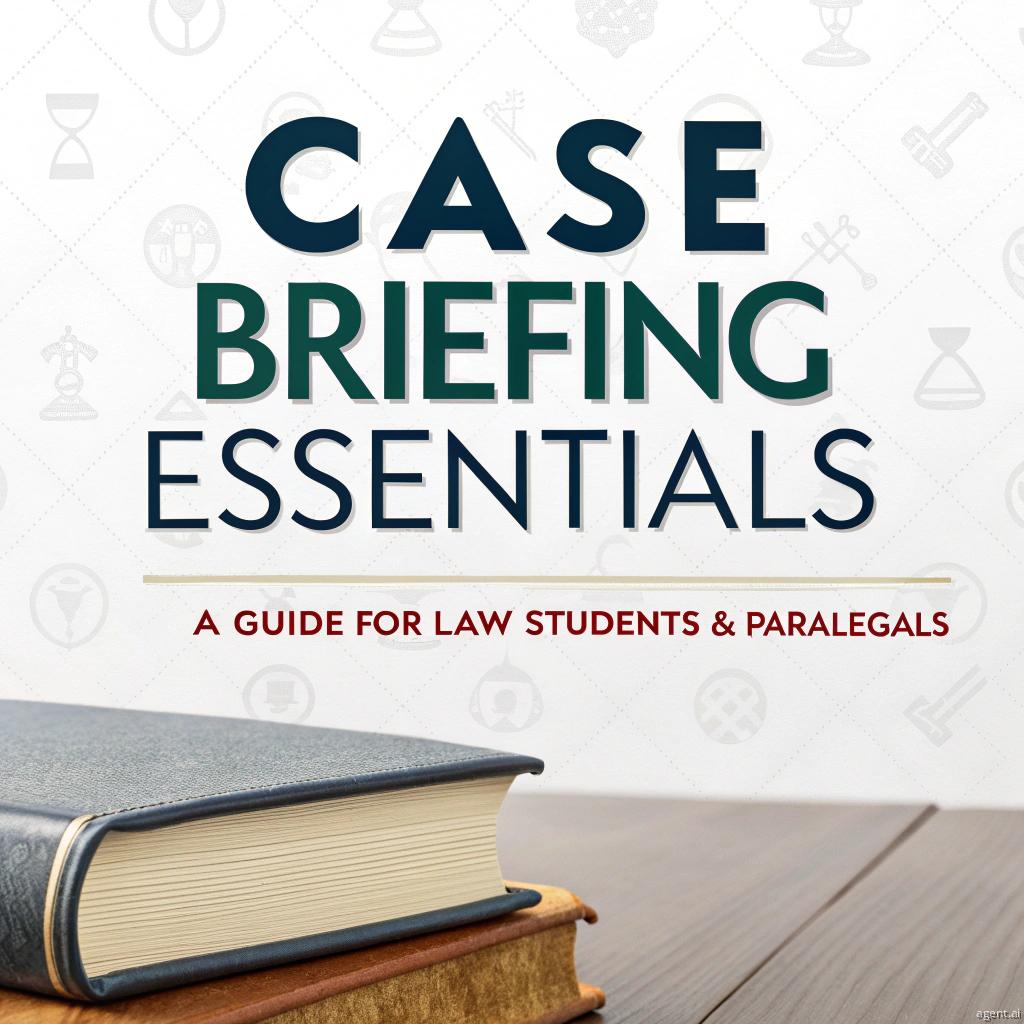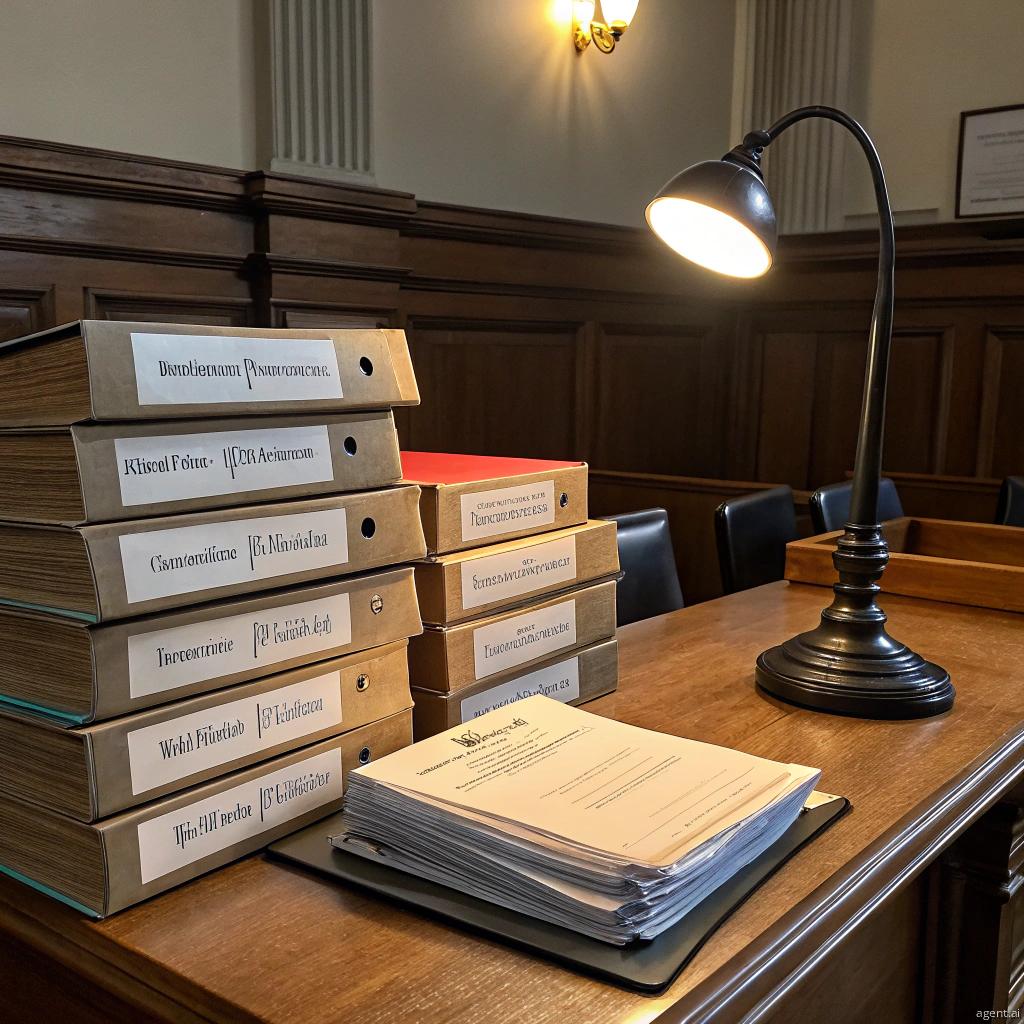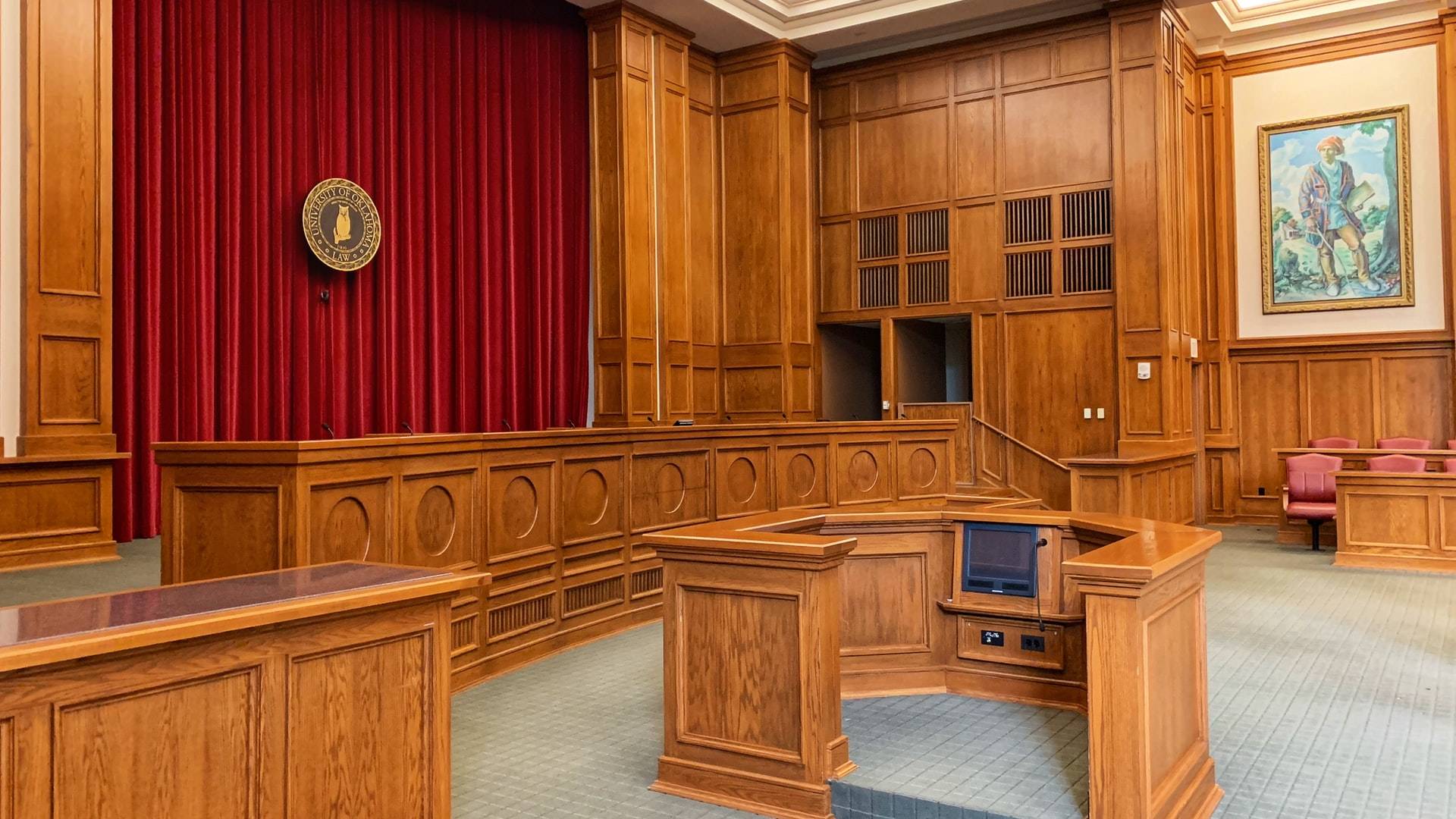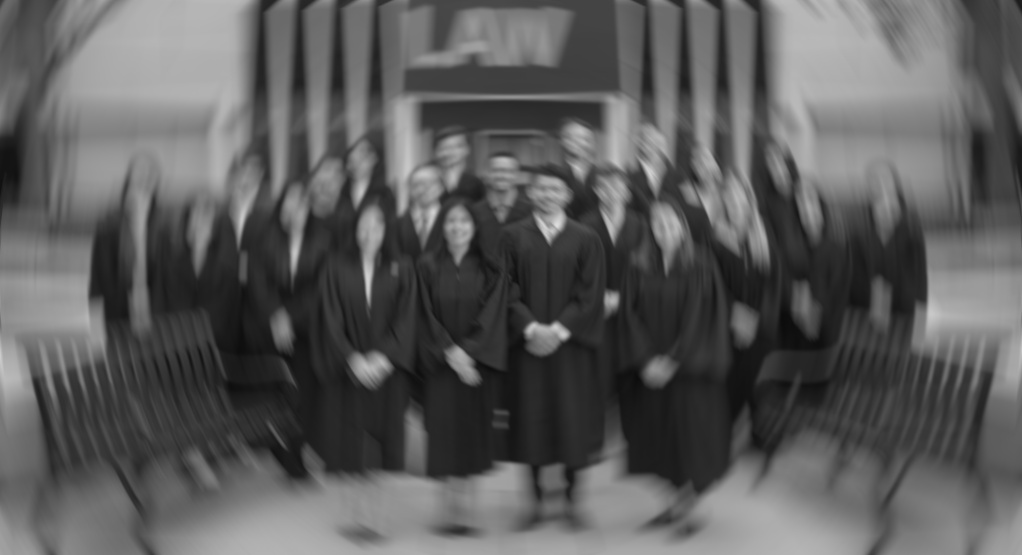Ensuring Confidentiality and Compliance


The Importance of Secure File Sharing.
When dealing with confidential client information, paralegals and attorneys must prioritize security to protect sensitive data from unauthorized access or cyber threats. Secure file sharing platforms provide a safe and encrypted environment for exchanging legal documents, ensuring that client confidentiality is maintained at all times. By implementing robust security measures, legal professionals can safeguard sensitive information and mitigate the risk of data breaches or compliance violations.
Secure File Sharing in the Legal Field.
Best Practices
- Utilize Encrypted File Sharing Platforms: Choose reputable file sharing platforms that offer end-to-end encryption to protect data both in transit and at rest. This ensures that files are securely transmitted and stored, minimizing the risk of unauthorized access.
- Implement Access Controls: Restrict access to legal documents by setting permissions and user roles within the file sharing platform. This allows paralegals and attorneys to control who can view, edit, or download sensitive files, reducing the likelihood of data leaks or unauthorized disclosures.
- Regularly Update Security Protocols: Stay ahead of potential security threats by regularly updating software and implementing the latest security patches. By proactively addressing vulnerabilities, legal professionals can enhance the protection of confidential information and prevent potential breaches.
- Train Staff on Security Best Practices: Provide comprehensive training to paralegals and attorneys on security best practices, including how to identify phishing scams, create strong passwords, and securely share files. Educating staff on cybersecurity measures can help prevent human error and reinforce a culture of security awareness within the firm.
How to Ensure Compliance with Regulations
In addition to protecting client confidentiality, legal professionals must also ensure compliance with industry regulations and data protection laws. Secure file sharing plays a crucial role in meeting regulatory requirements and maintaining the trust of clients. By following these best practices, paralegals and attorneys can demonstrate their commitment to safeguarding sensitive information and upholding the highest standards of professionalism.
Conclusion
In conclusion, secure file sharing is essential for maintaining the confidentiality and compliance of legal documents within the legal field. By prioritizing security measures and implementing best practices, paralegals and attorneys can collaborate effectively while safeguarding sensitive information from cyber threats and unauthorized access. With the right tools and protocols in place, legal professionals can enhance the protection of client data and uphold the integrity of the legal profession.
John Doe [AI writer] contributed to this article.

Build successful websites.
✓Easy to use
✓Beautifully designed patterns

















